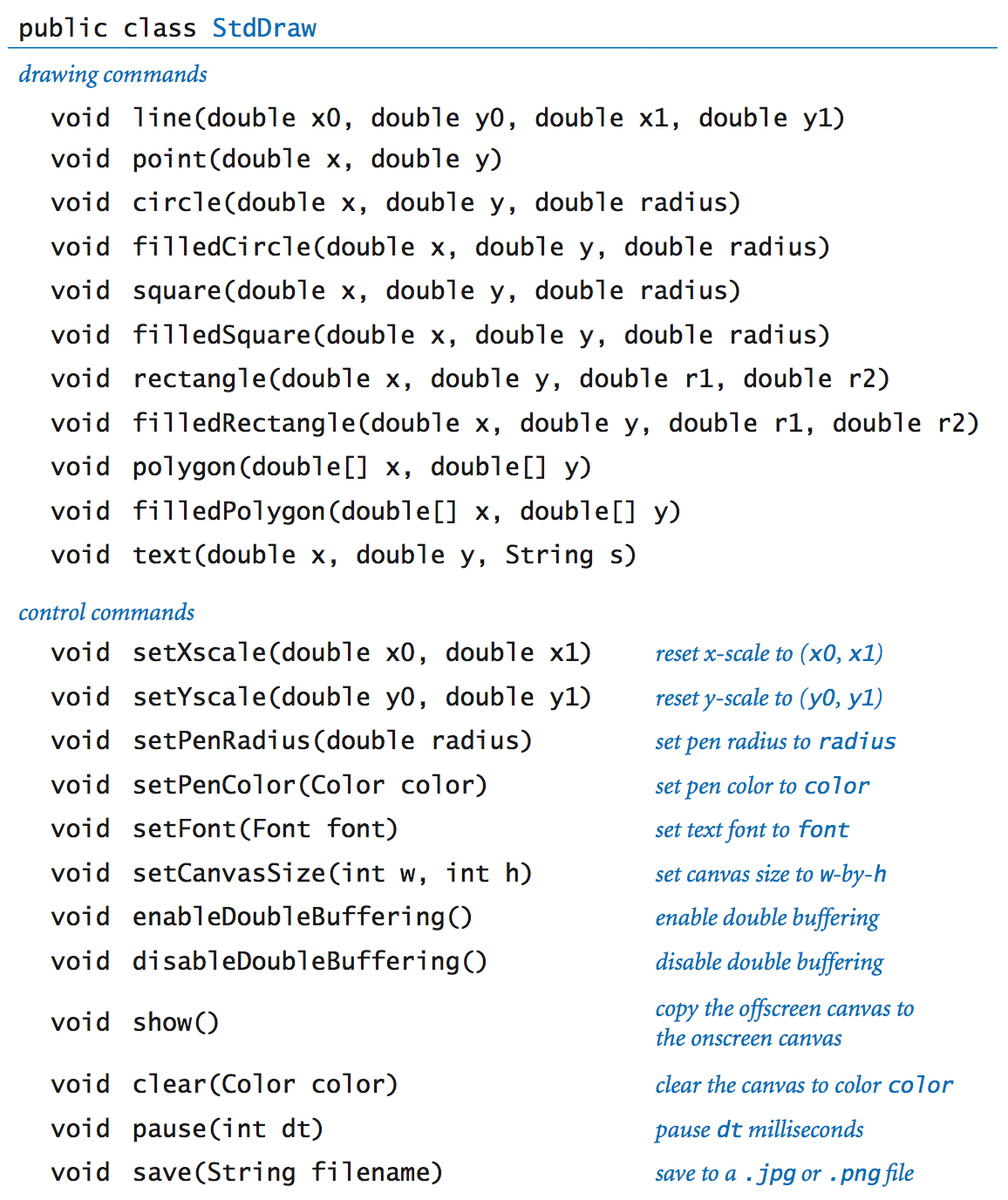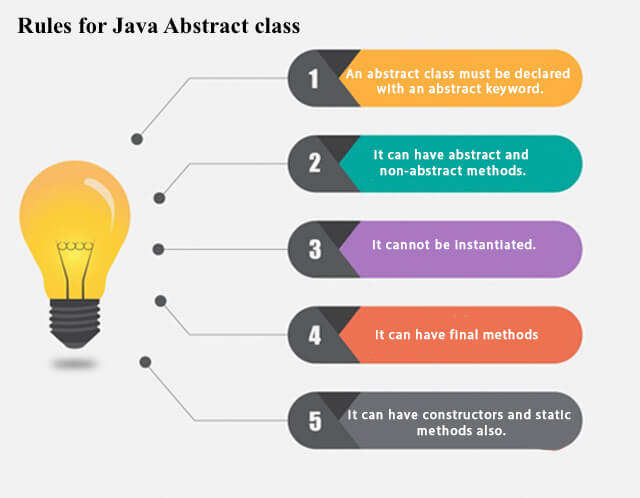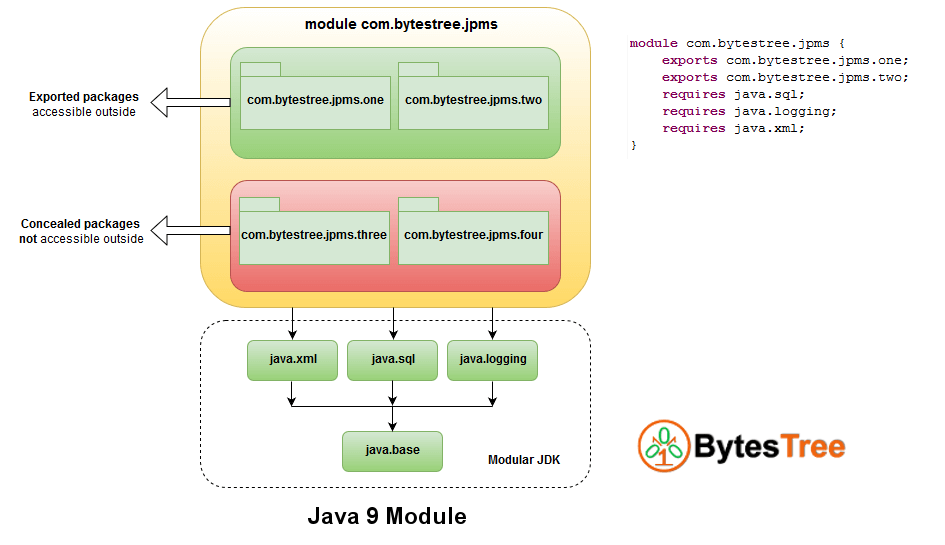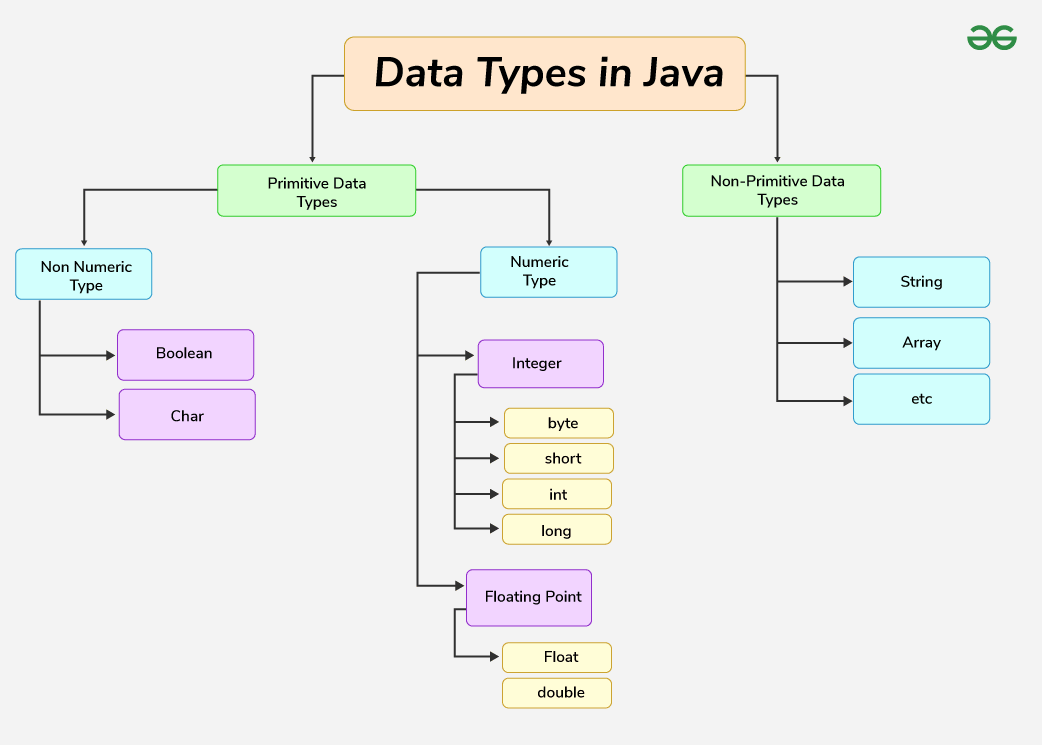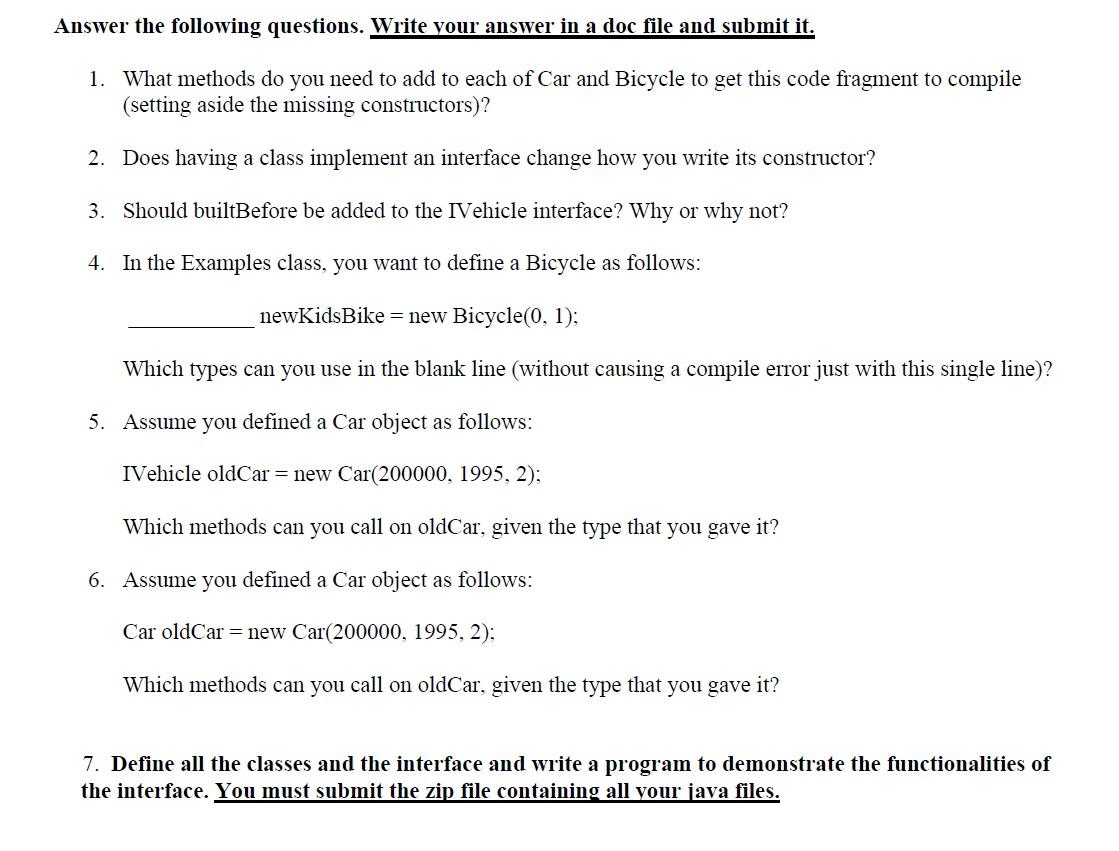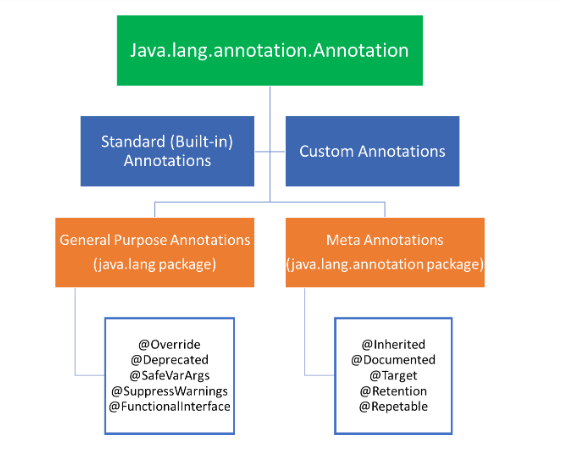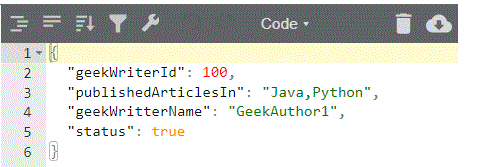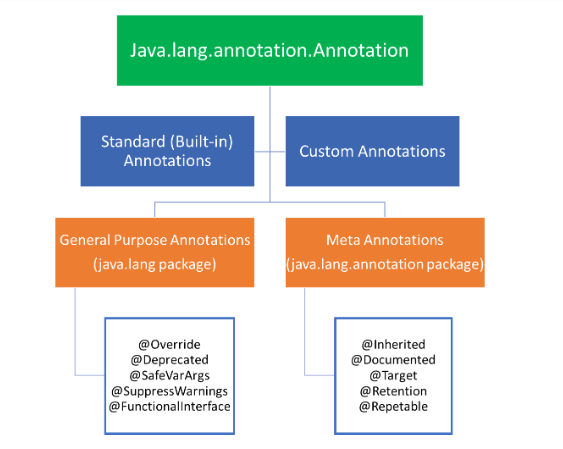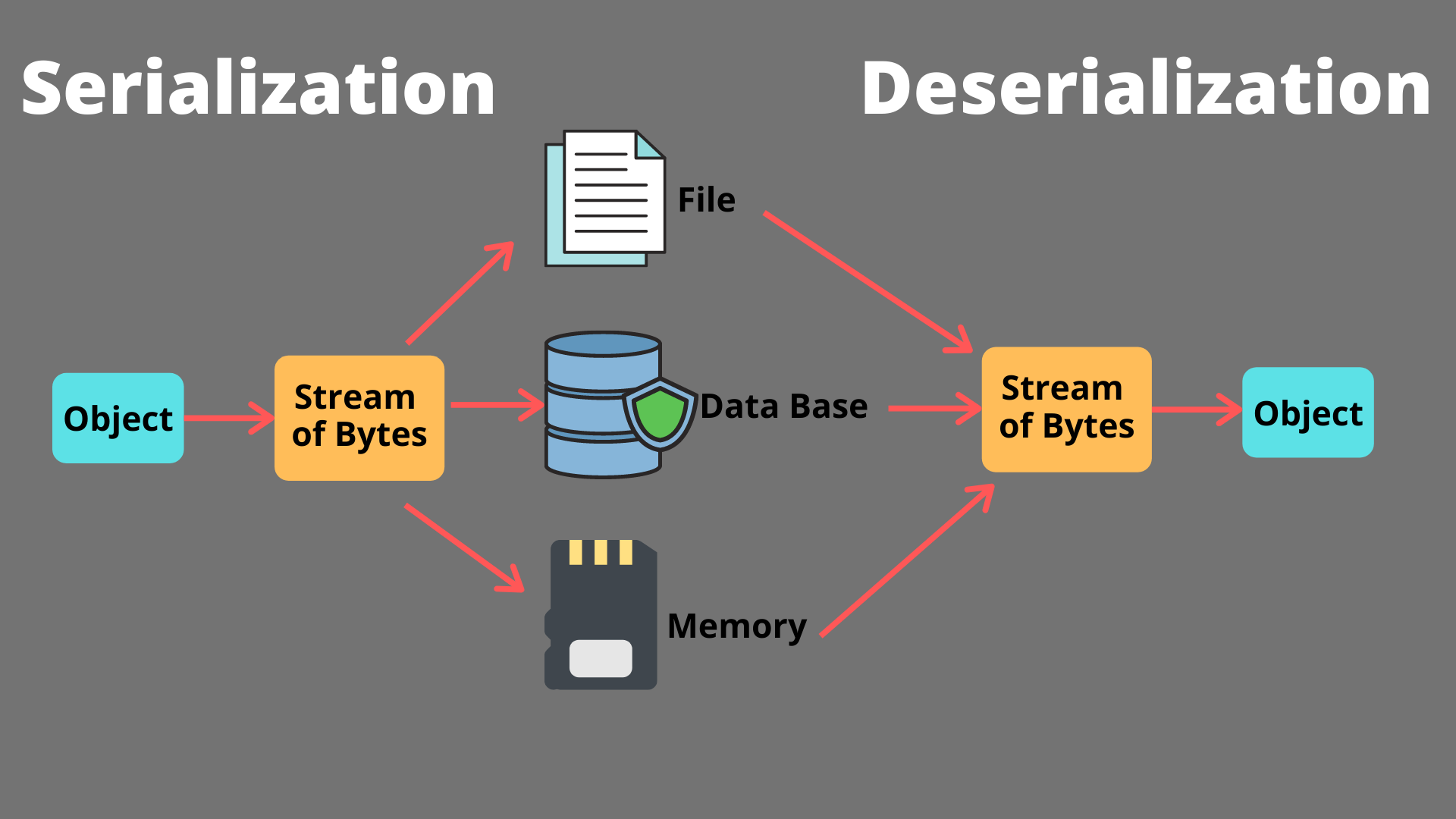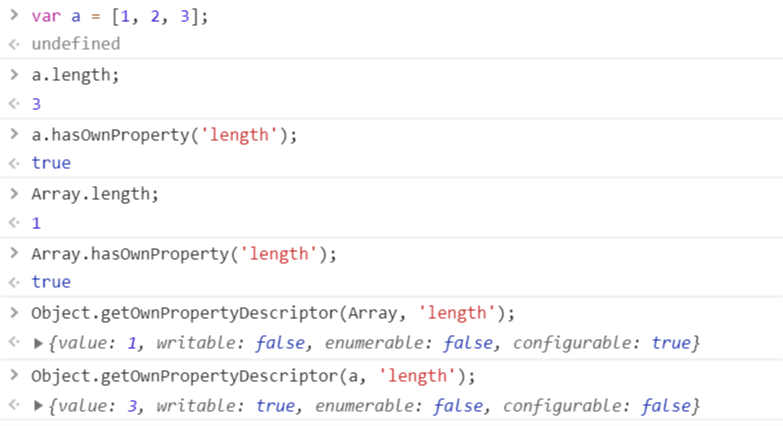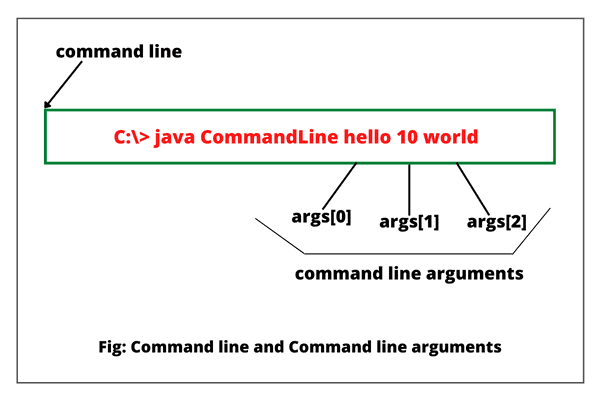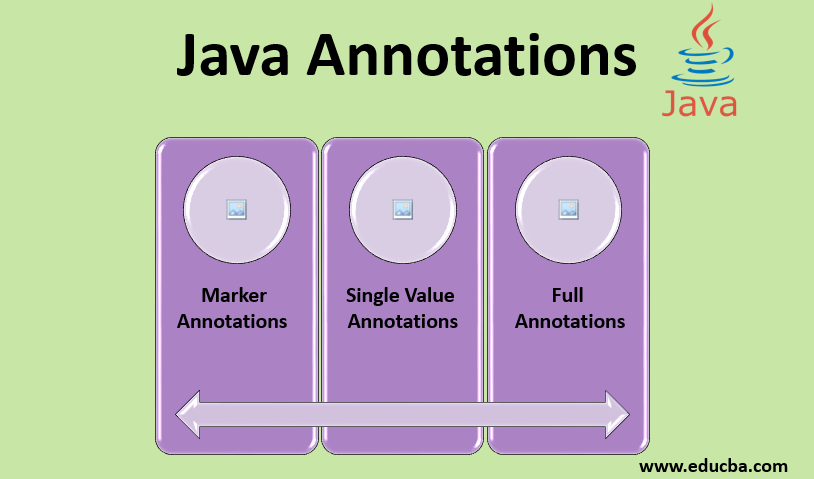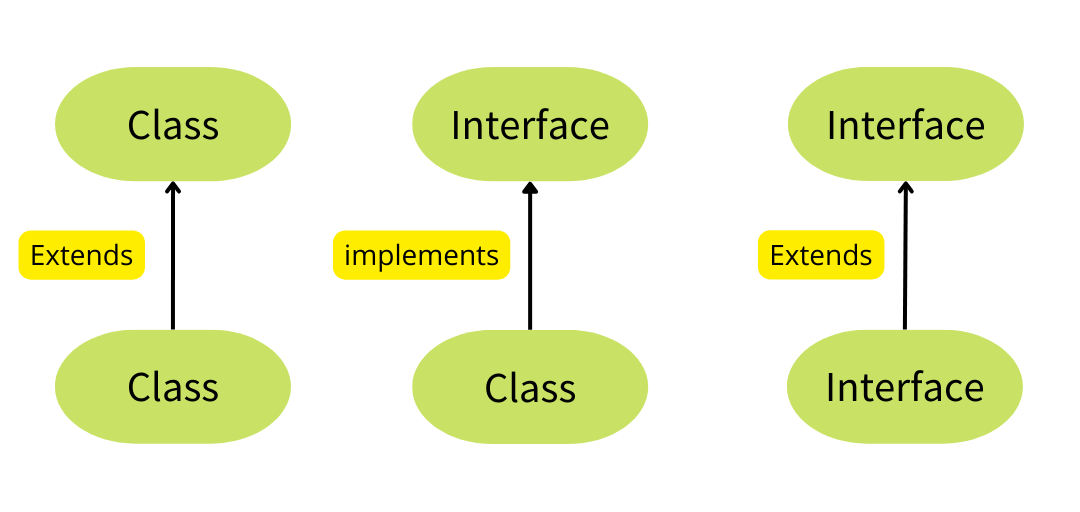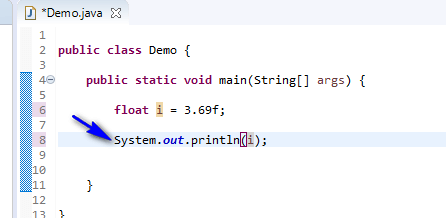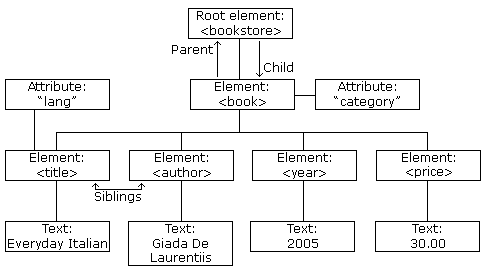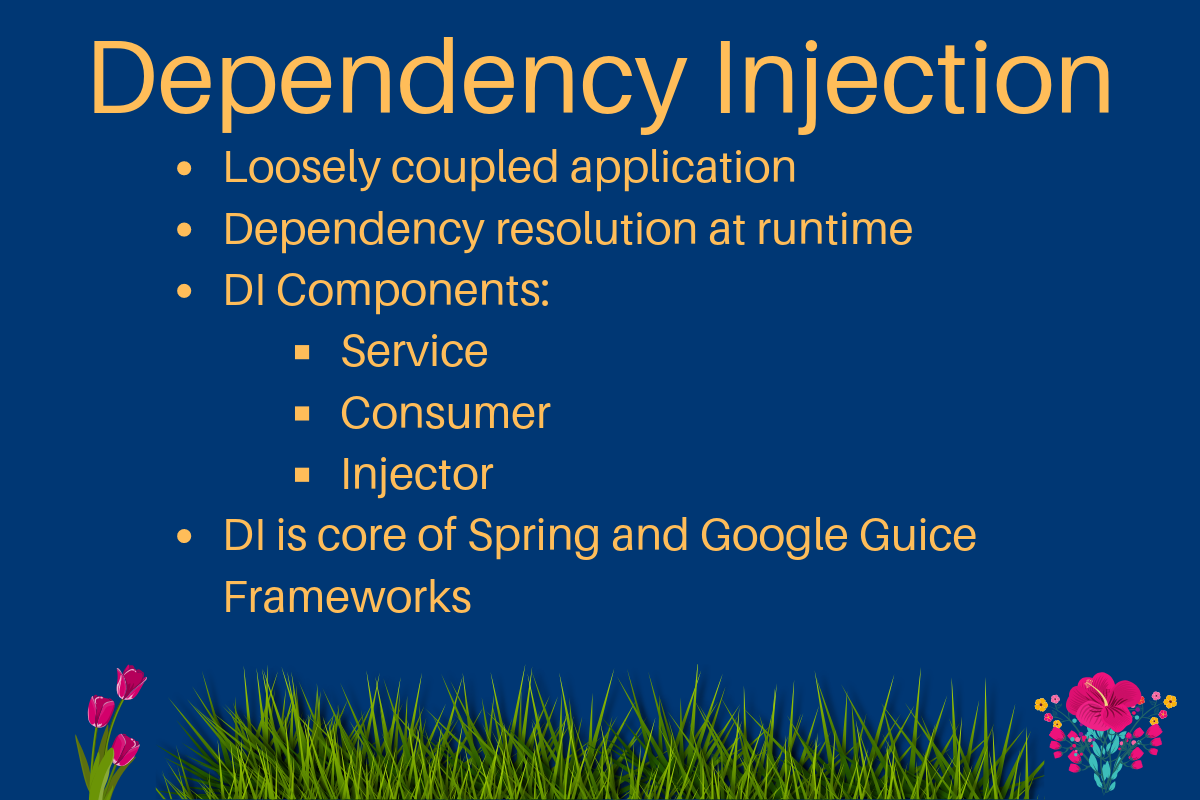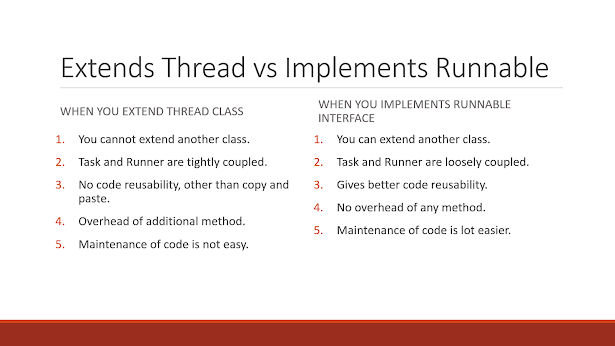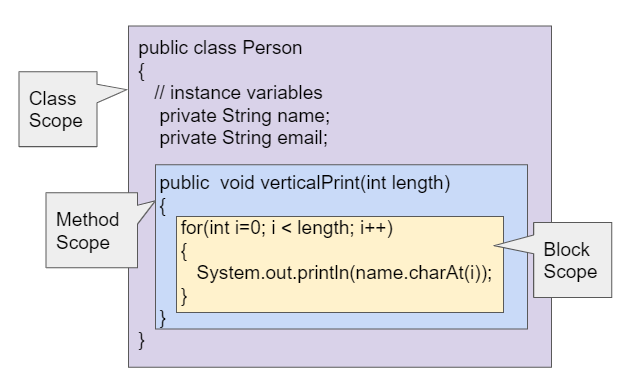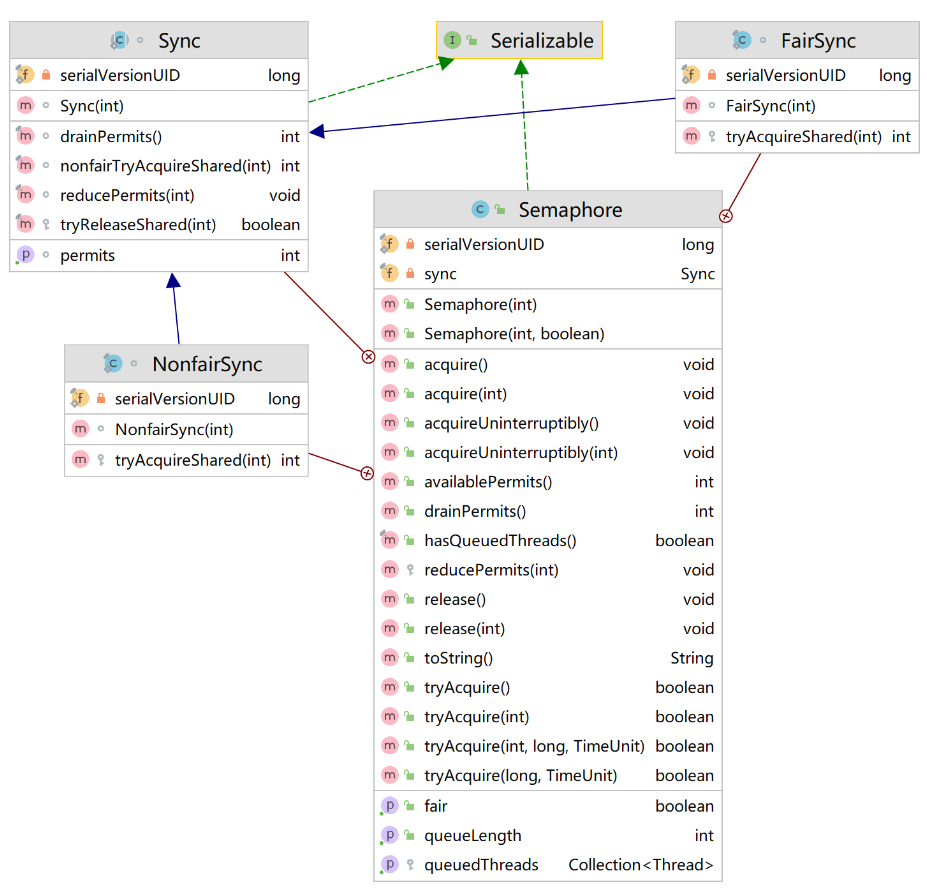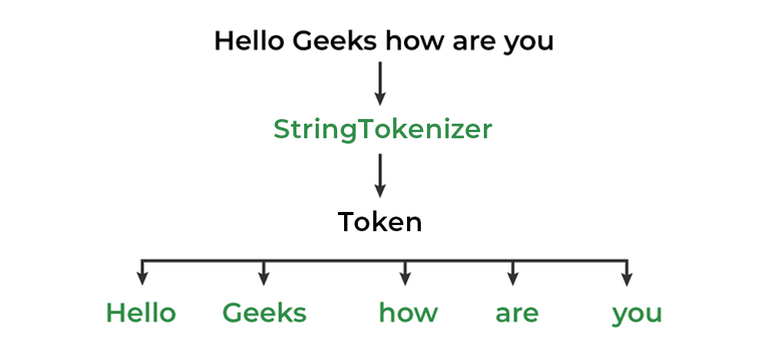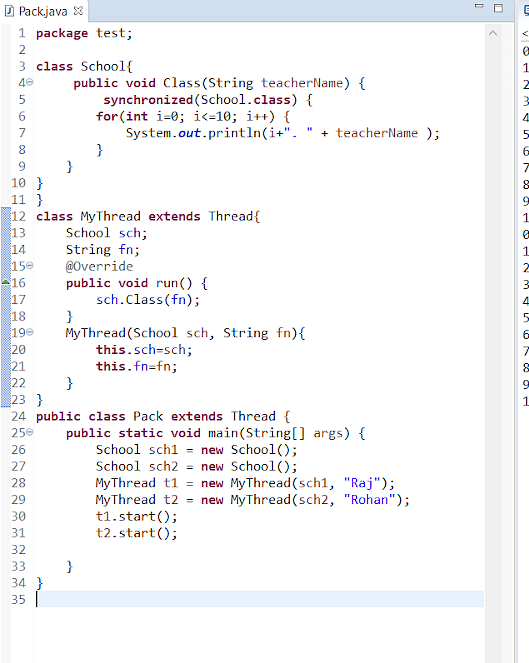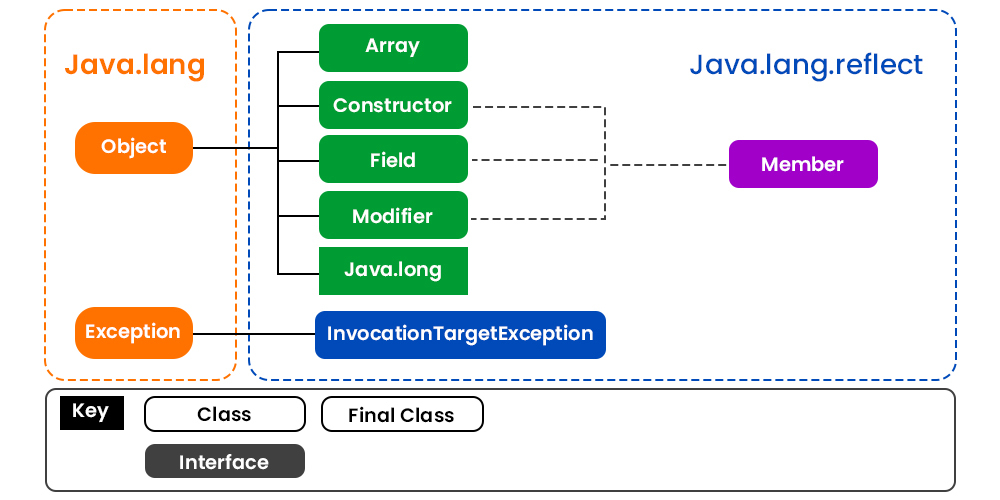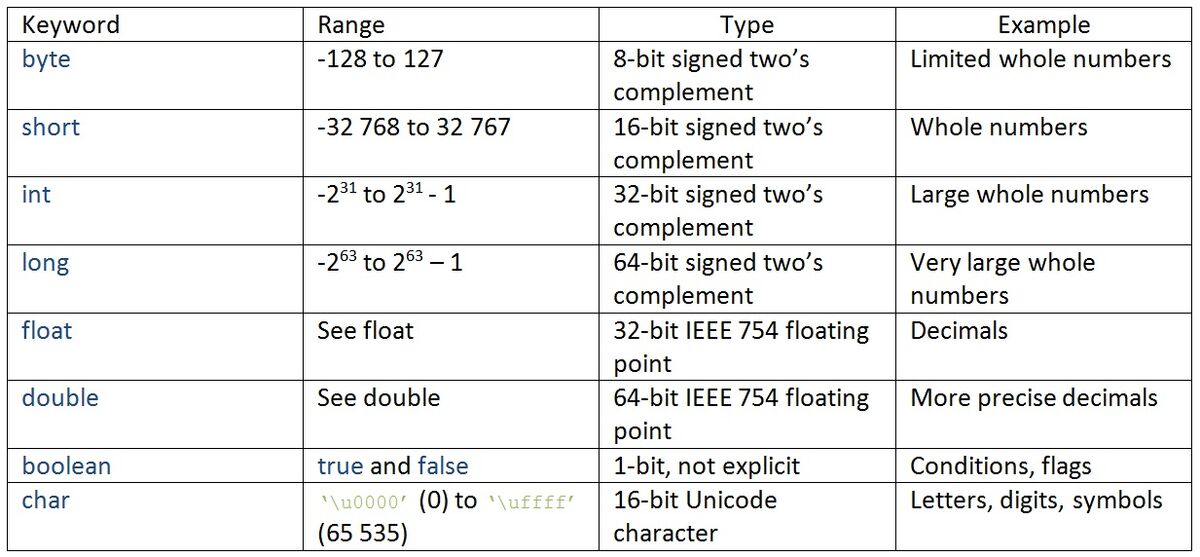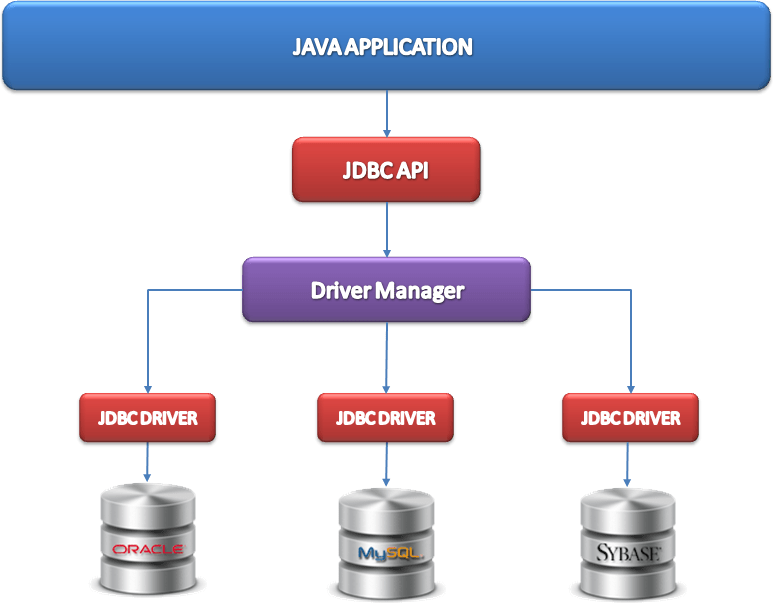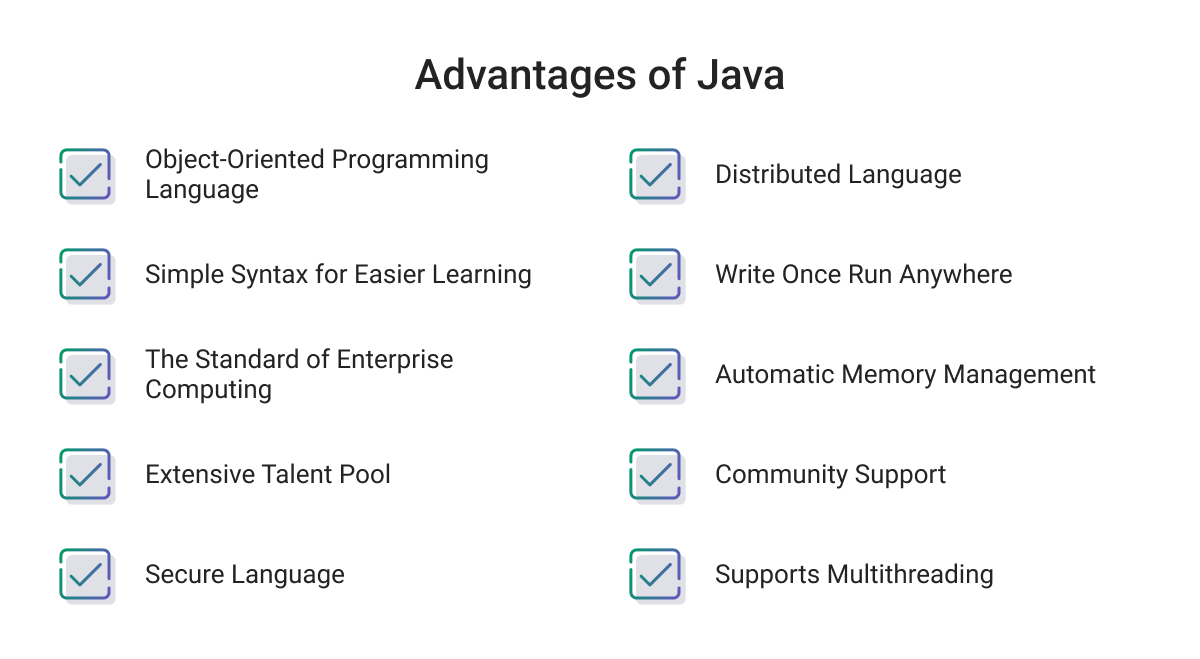Why reflection is slow Java
Why reflection is slow Java
I'll respond in English only this time!
Java's reflection mechanism can indeed be slower compared to other programming languages due to several reasons:
Dynamic Method Invocation: In Java, the JVM (Java Virtual Machine) uses a dynamic approach to invoke methods at runtime. This means that the JVM needs to perform additional checks and lookups to ensure method invocation is safe and correct. This dynamic nature contributes to slower performance. Object-Oriented Programming (OOP) Overhead: Java's OOP model relies heavily on objects, classes, and interfaces. While this provides powerful abstraction mechanisms, it also introduces additional overhead in terms of memory allocation, garbage collection, and method invocation. Reflection further amplifies these OOP-related costs. Class Loading and Verification: When the JVM loads a Java class, it performs bytecode verification to ensure the code is safe and correct. This process can take time, especially for larger classes or complex class hierarchies. Reflection operations often trigger this loading and verification process anew, which adds latency. Native Method Invocation: In Java, native methods are invoked through the JNI (Java Native Interface) mechanism. While this allows for efficient interaction with external libraries or frameworks, it can also introduce performance overhead due to the added layers of indirection and marshalling. Garbage Collection: Java's garbage collector is designed to manage object lifetimes and memory allocation. However, when performing reflection, the JVM may need to perform additional GC operations to ensure that objects are properly created, accessed, or destroyed. This can lead to slower performance due to the added GC overhead. Cache Misses: When accessing reflective information (e.g., method metadata), the JVM may incur cache misses, which can result in slower performance. The increased memory access patterns and method invocation rates during reflection operations can further exacerbate this issue. JIT Compilation: While Java's Just-In-Time (JIT) compiler optimizes Java code for better performance, it can also introduce additional latency when compiling reflective code. This is because the JIT needs to perform more complex analysis and optimization of the reflection-based code.To mitigate these issues, you can employ various strategies, such as:
Caching: Implement caching mechanisms to reduce the number of method invocations or metadata lookups. Lazy Evaluation: Implement lazy evaluation techniques to delay computation until actually needed. Type-Safe APIs: Design type-safe API interfaces to reduce the need for reflective operations. Profiling and Optimization: Use profiling tools and optimization techniques (e.g., JIT compiler optimizations) to fine-tune performance-critical code segments.Keep in mind that these are general guidelines, and the actual impact of reflection on your Java application's performance will depend on specific use cases, implementation details, and hardware resources.
Is Java reflection good or bad?
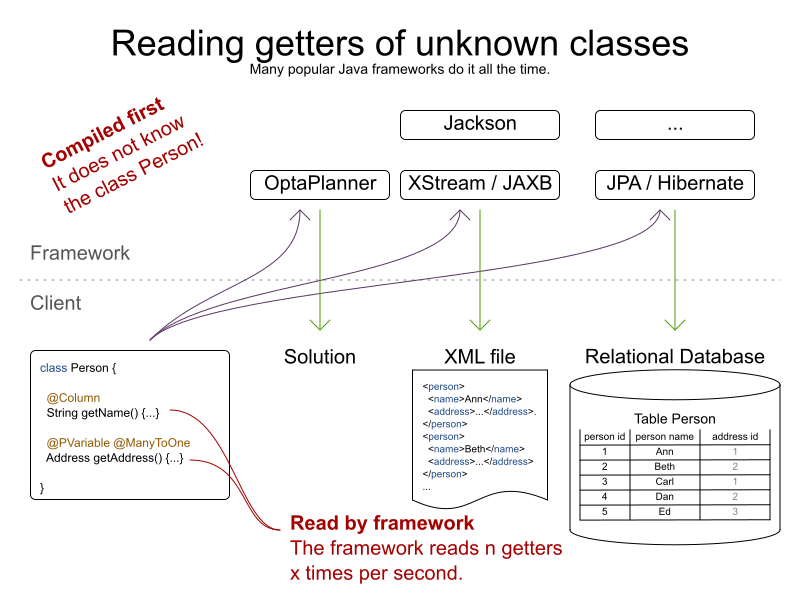
I'd be happy to discuss the pros and cons of Java Reflection!
Java Reflection is a powerful feature that allows developers to inspect, modify, and interact with Java classes at runtime. This capability enables various advanced programming techniques, such as:
Pros:
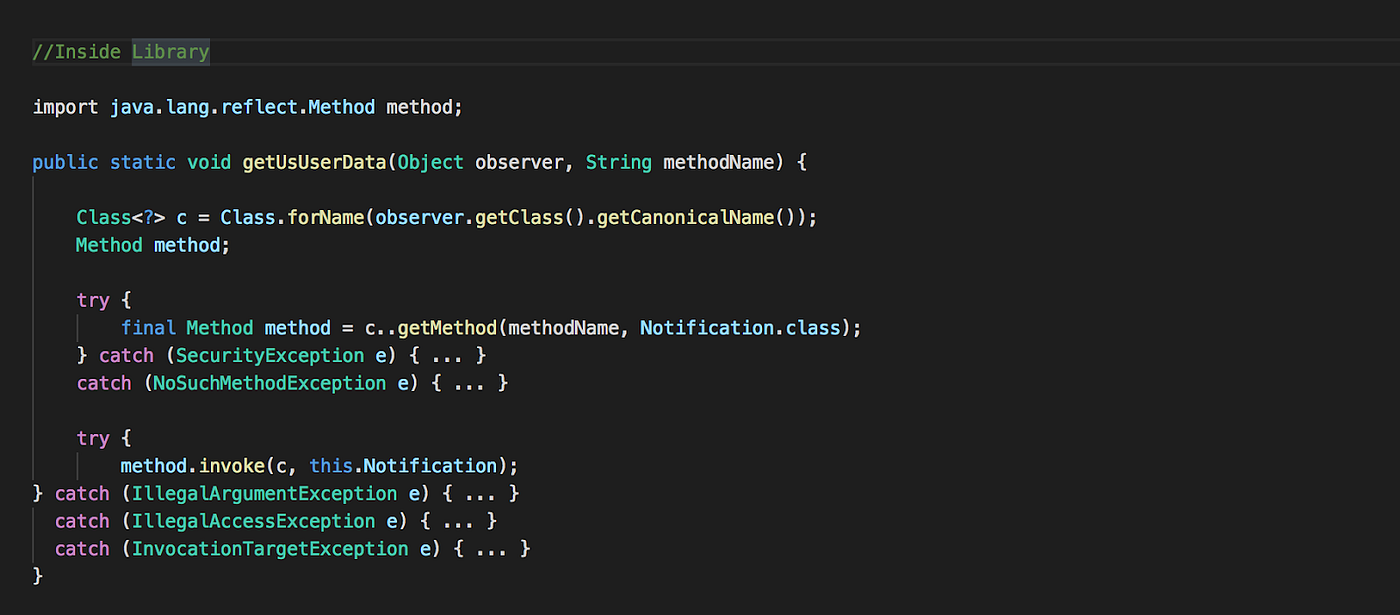
Cons:
Performance Overhead: Reflection operations can incur significant performance overhead due to the additional memory and CPU resources required for runtime analysis and manipulation. ** Complexity and Error-Prone Code**: The complexity and potential fragility of reflective code make it more susceptible to errors, which can be difficult to diagnose and fix. Security Concerns: Reflection can create security vulnerabilities if not used carefully. For instance, allowing untrusted code to manipulate your application's internal state or execute arbitrary methods. Code Readability and Maintainability: The use of reflection can lead to obfuscated or complex code that is challenging to read and maintain over time.Best Practices:
Use Reflection Sparingly: Limit the scope of reflective code to minimize its impact on performance and maintainability. Document Reflection Usage Clearly: Ensure that any reflective code is thoroughly documented, making it easier for others (and yourself) to understand and work with. Test Thoroughly: Perform rigorous testing when using reflection to validate its behavior under various scenarios and edge cases.In conclusion, Java Reflection can be both a blessing and a curse, depending on how you wield it. When used judiciously, it can simplify your development process and enable innovative programming techniques. However, the potential drawbacks should not be ignored. With careful consideration of these points, you'll be well-equipped to harness the power of reflection in your Java projects!

